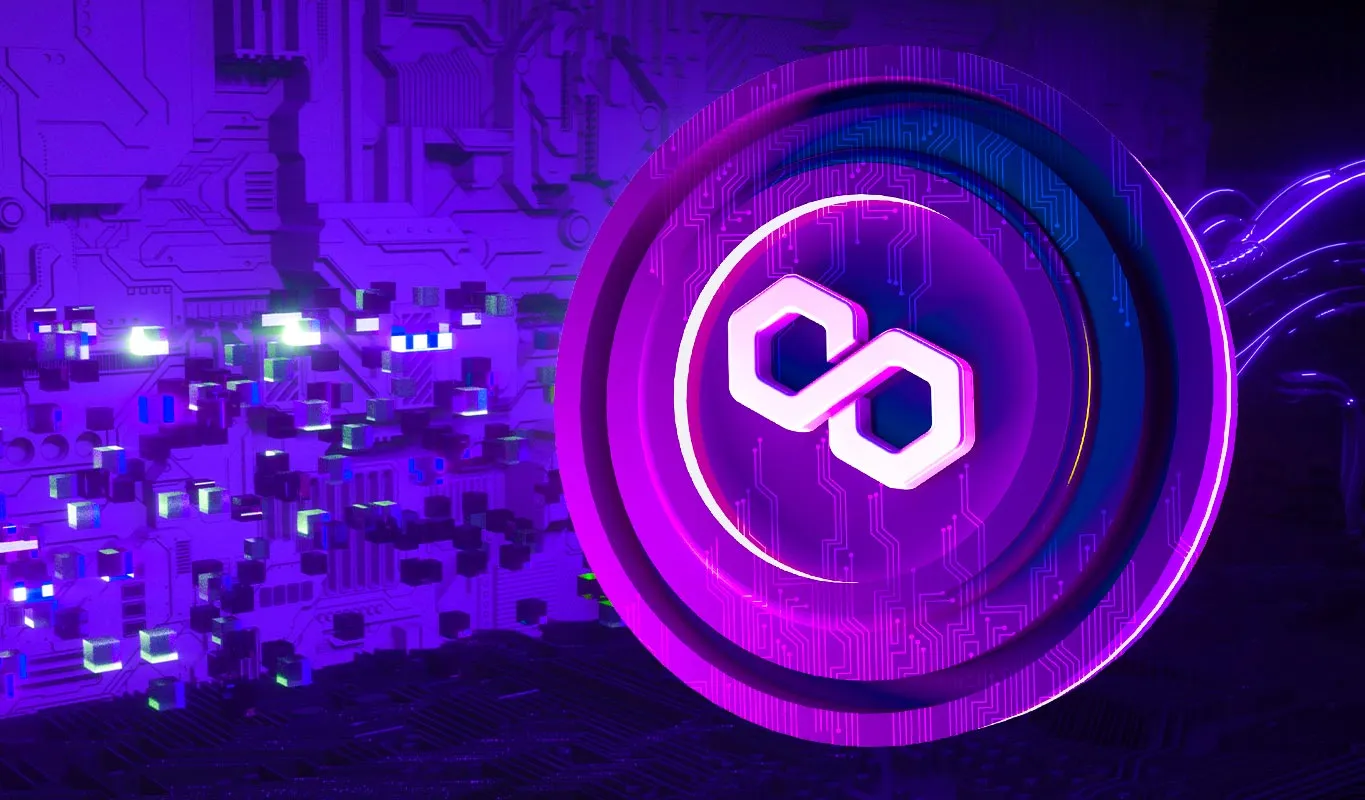Polygon, a leading Ethereum Layer 2 scaling solution, has officially transitioned from its previous network token, MATIC, to the new POL token. This upgrade, effective from September 4, 2024, marks a significant milestone in Polygon’s evolution. The change positions POL as the native gas and staking token for the Polygon proof-of-stake network.
transition from MATIC to POL is more than a mere renaming; it represents a crucial step in Polygon’s broader strategy to enhance its blockchain infrastructure. This upgrade is driven by the community’s input and is aimed at bolstering Polygon’s goal of becoming an aggregated blockchain network. By unifying liquidity and state across multiple chains, Polygon seeks to create a more efficient and scalable ecosystem.
For users holding MATIC on Ethereum, the migration to POL is designed to be seamless. The Polygon Portal interface facilitates this transition, ensuring that users can easily swap their MATIC tokens for POL. This move is expected to improve network efficiency and support Polygon’s expanding ecosystem.
The Vision Behind the Upgrade
Polygon’s ambition with the POL token goes beyond simple functionality. The POL token is engineered to be hyper-productive, with future phases potentially expanding its utility across various dimensions. This includes enhancing staking mechanisms, improving transaction efficiency, and potentially integrating with other blockchain platforms.
The upgrade aligns with Polygon’s vision of creating a cohesive and versatile blockchain network that can handle a wide array of applications and transactions. By transitioning to POL, Polygon is positioning itself for future growth and increased adoption in the blockchain space.
Impact on the Blockchain Ecosystem
The POL upgrade is expected to have several positive implications for the blockchain ecosystem. For one, it aims to enhance the overall user experience by streamlining transactions and staking processes. Additionally, by unifying liquidity and state across multiple chains, Polygon hopes to attract more developers and projects to its platform.
This strategic move could also bolster Polygon’s competitive edge in the blockchain space, particularly as the demand for scalable and efficient solutions continues to rise. As the ecosystem evolves, the success of the POL token will likely play a pivotal role in Polygon’s future developments.



